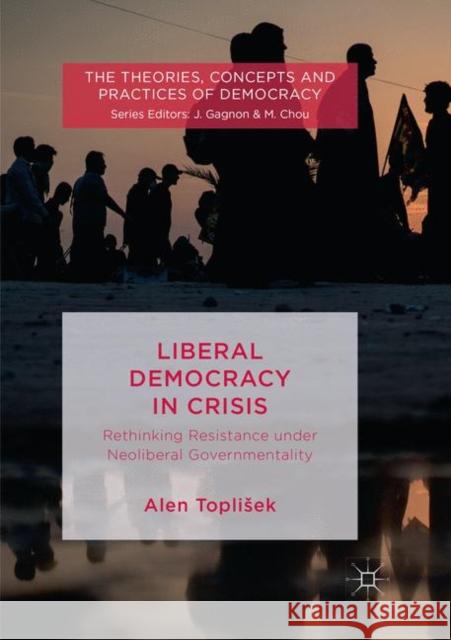Liberal Democracy in Crisis: Rethinking Resistance Under Neoliberal Governmentality » książka
topmenu
Liberal Democracy in Crisis: Rethinking Resistance Under Neoliberal Governmentality
ISBN-13: 9783030074234 / Angielski / Miękka / 2019 / 214 str.
Kategorie BISAC:
Wydawca:
Palgrave MacMillan
Seria wydawnicza:
Język:
Angielski
ISBN-13:
9783030074234
Rok wydania:
2019
Wydanie:
Softcover Repri
Numer serii:
000470112
Ilość stron:
214
Waga:
0.27 kg
Wymiary:
21.01 x 14.81 x 1.22
Oprawa:
Miękka
Wolumenów:
01
Dodatkowe informacje:
Wydanie ilustrowane











